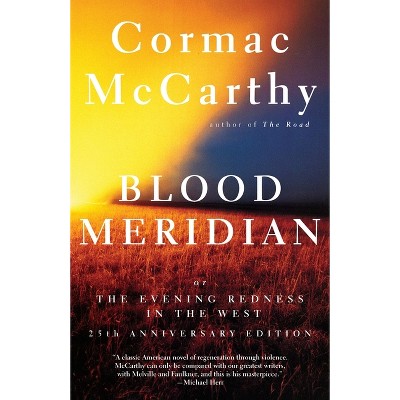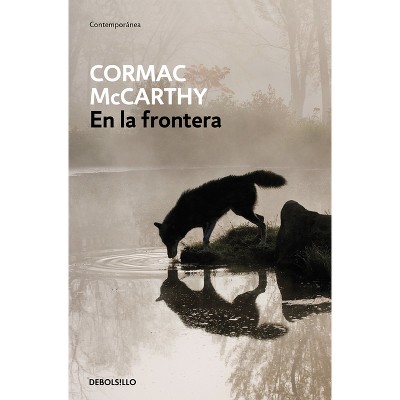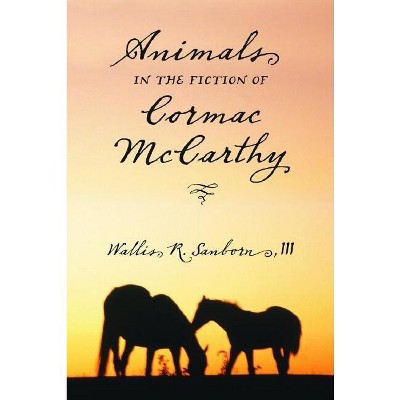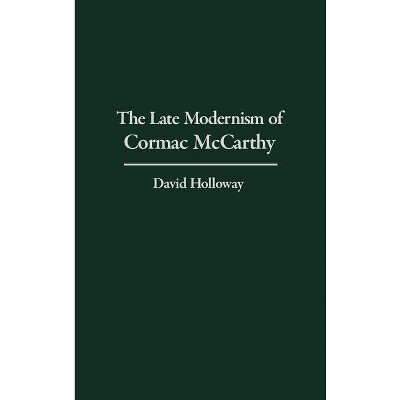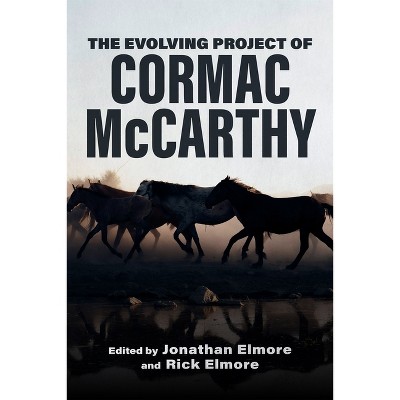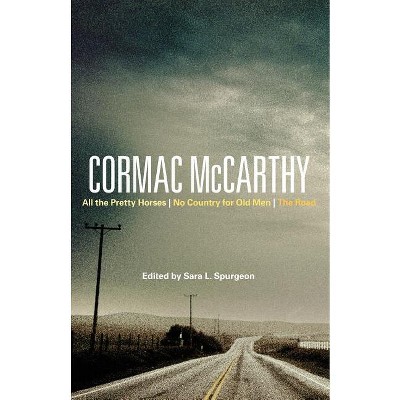Authority and the Mountaineer in Cormac McCarthy's Appalachia - by Gabe Rikard (Paperback)

About this item
Highlights
- The author uses theories on power, resistance and discipline developed by Michel Foucault to analyze the interactions of mountaineers and the authorities who have attempted to "modernize" them.
- About the Author: Gabe Rikard is an assistant professor at SUNY-Sullivan in Loch Sheldrake, New York, where he teaches American and 20th century literature.
- 248 Pages
- Literary Criticism, American
Description
About the Book
The author uses theories on power, resistance and discipline developed by Michel Foucault to analyze the interactions of mountaineers and the authorities who have attempted to "modernize" them. The book shows how McCarthy manipulates Appalachian images while engaging in a form of archeology of Appalachian constructs.Initially the book explores the interplay of the dominance/resistance duality. Roads provided ways into the mountains for industry and ways out for the mountaineer, cotton mill villages and regional cities served as "disciplined" destinations for Appalachian out-migrants. McCarthy's character Lester Ballard (Child of God) represents the epitome of hillbilly delinquency.
The author explains how the iconic image of the mountaineer--a notion cultivated by fiction writers, benevolent organizations, and academics--"othered" the mountain people as deviants. The book ends by considering the ways in which The Road returns to the rhetorical and geographical region of his early work, and how it fits into McCarthy's Appalachian oeuvre.
Book Synopsis
The author uses theories on power, resistance and discipline developed by Michel Foucault to analyze the interactions of mountaineers and the authorities who have attempted to "modernize" them. The book shows how McCarthy manipulates Appalachian images while engaging in a form of archeology of Appalachian constructs.
Initially the book explores the interplay of the dominance/resistance duality. Roads provided ways into the mountains for industry and ways out for the mountaineer, cotton mill villages and regional cities served as "disciplined" destinations for Appalachian out-migrants. McCarthy's character Lester Ballard (Child of God) represents the epitome of hillbilly delinquency.
The author explains how the iconic image of the mountaineer--a notion cultivated by fiction writers, benevolent organizations, and academics--"othered" the mountain people as deviants. The book ends by considering the ways in which The Road returns to the rhetorical and geographical region of his early work, and how it fits into McCarthy's Appalachian oeuvre.
Review Quotes
"insightful examination...recommended"-Choice.
About the Author
Gabe Rikard is an assistant professor at SUNY-Sullivan in Loch Sheldrake, New York, where he teaches American and 20th century literature.